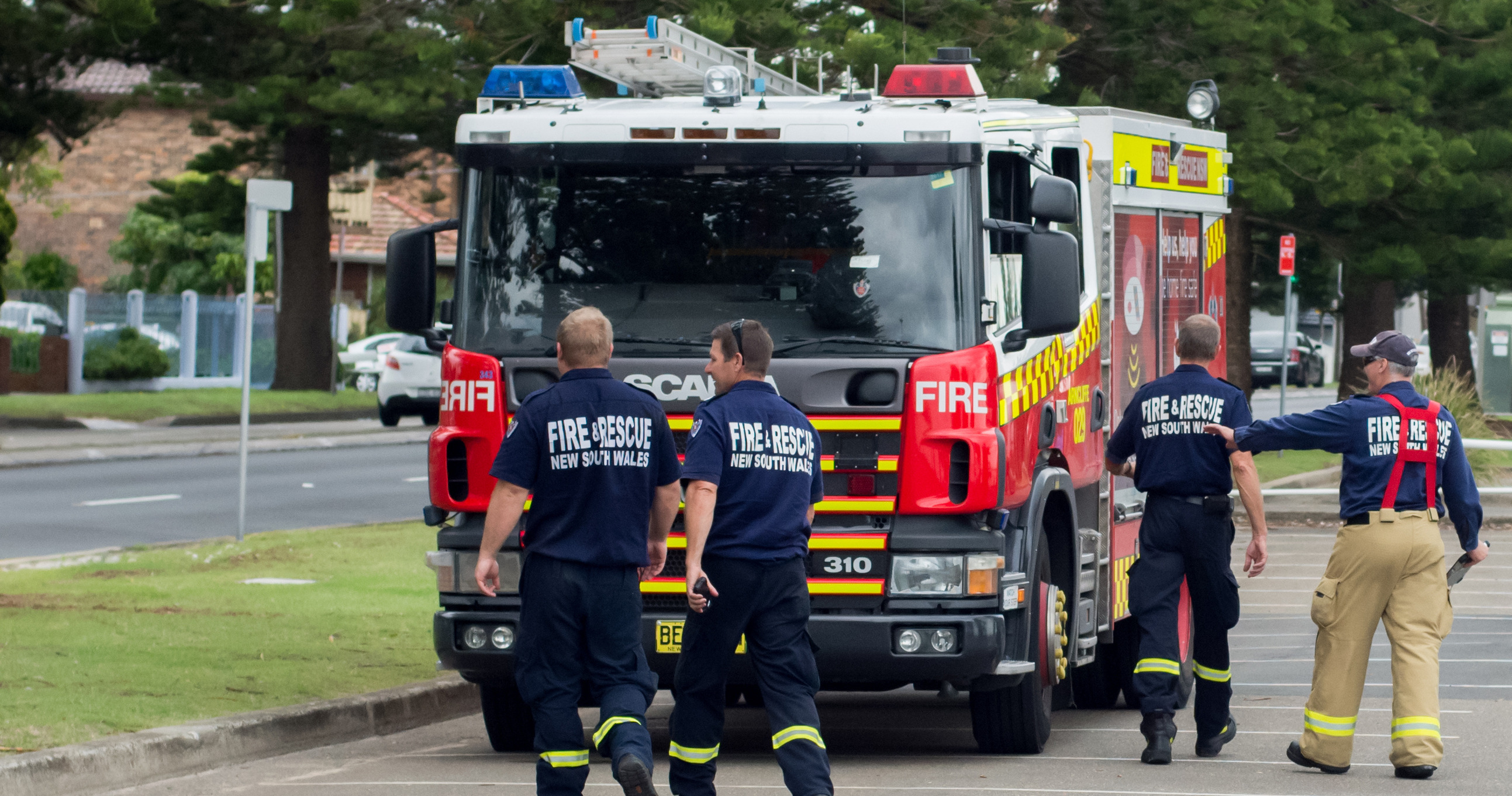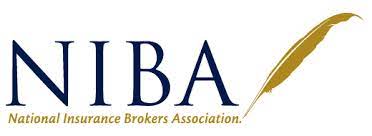NIBA requests feedback from members on the proposed NSW ESL reform
Have your say on the long-awaited reform of the NSW ESL. Members have until Friday, 10th May, to provide their feedback.

As an important initial step in the consultation process, earlier this month, the NSW government released a consultation paper outlining four potential revenue-base models for replacing the NSW Emergency Services Levy. To assist in preparing an industry response to the consultation paper, NIBA is seeking feedback from members on which of the four proposed models should be implemented.
The four revenue models put forward by the NSW government for consideration are:
capital improved value – currently used in Victoria and South Australia
unimproved land value – currently used in the Australian Capital Territory and New South Wales for the purposes of calculating land tax & council rates
gross rental values – currently used in Western Australia or
A fixed charge model – currently used in Queensland.
In addition to the revenue model, the government is seeking feedback on whether either of the remaining two revenue streams should be replaced.
The NSW Fire and Emergency services are currently funded through joint contributions from insurance companies, local and the State Government. Contributions from insurance companies is the largest revenue source with insurance customers contributing 73.7 per cent of funding. Local and State Government contribute 11.7 per cent and 14.6 per cent respectively.
The NSW Government will remove the Emergency Services Levy currently imposed on insurance, and instead will distribute the levy across a broad base of property owners. This change recognises that our emergency services agencies serve everyone in NSW, and there is a collective benefit in having these agencies fully funded, well prepared and well resourced.
NSW is the last mainland Australian state to rely on a levy on insurance to fund the cost of their emergency services agencies. Removing the NSW Emergency Services Levy will help insured households and businesses who are managing rising cost of living pressures. In 2023-24, expenditure for the emergency services agencies is estimated at $2.3 billion. Over the past five years, the costs of emergency services have increased by 42 per cent. The rapidly growing cost of the emergency services agencies is linked to the increasing number of major natural disasters, including due to risks related to climate change.
It is estimated that the Emergency Services Levy has increased the cost of residential property insurance in NSW by 18 per cent on average over recent years. and around 34 per cent higher on average for commercial property than would otherwise be the case.
Finding a more equitable method is imperative and your feedback is important.
Members who would like to provide feedback on the consultation should write to Allyssa Hextell, Head of Policy and Advocacy, at ahextell@niba.com.au by Friday, 10th May 2024.
